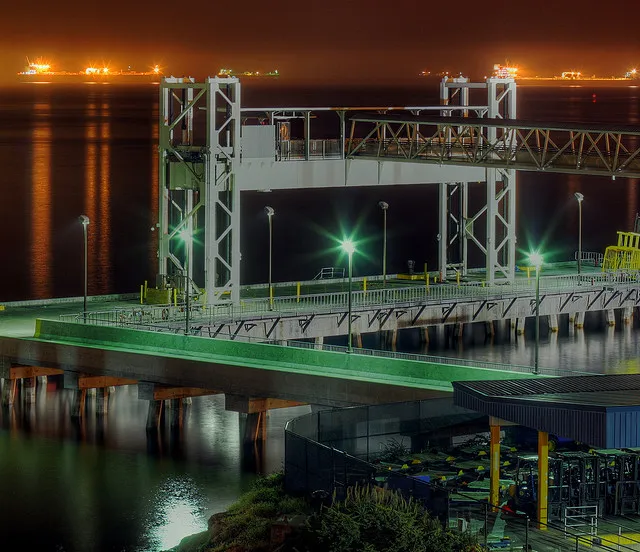Reauthorizing the Ex-Im Bank
Thursday July 03, 2014



When American businesses want to do business in other countries, they take on several types of risk that are unfamiliar to domestic operations. Some are easy to manage. For instance, foreign exchange risk is the risk that a sale denominated in a foreign currency may be worth less later than it is now. Compared to some risk types, the risk premium is relatively easy to calculate. Purchasing insurance, in the form exchange rate swaps, is also relatively easy and the risk is transferred to a financial institution that specializes in managing risk. Of course, foreign exchange risk goes both directions and it is also possible the sale in a foreign currency is worth more later than at the time of sale.
Other types of risk, such as political risk are more difficult to manage. Political risks are the risks that stem from political instability and include war, regulatory changes, expropriation, and other legal and extralegal changes that affect in-country business operations. These types of risks are much harder to estimate and therefore harder to price. Accordingly, it is harder to purchase insurance against these types of risks. When risk is hard to price, it is not unusual for the government to step in and provide a risk insurance regime using the best risk estimation feasible.
One agency that provides this service is the Export-Import Bank of the United States (Ex-Im Bank). Due for reauthorization by September, the Ex-Im Bank is under attack as a government giveaway to big business. The Ex-Im Bank specifically provides insurance to American manufacturers that are exporting durable goods to foreign counties. For instance, the Bank’s largest customer is Boeing and Ex-Im absorbs the risk of exporting American-made airplanes to risky customers. Since the Ex-Im Bank only provides risk financing to sales that no commercial bank will finance, these planes would not be otherwise exported or manufactured.
The Ex-Im Bank is one of many organizations that provide this service. In the United States, there is also the Overseas Private Investment Corporation (OPIC) that provides risk support and financing to in-country projects (as opposed to commercial goods sales). Other countries also provide such risk financing. Finally, the United States participates in numerous international development organizations that provide similar services including the Multilateral Investment Guarantee Agency (MIGA), a component of the World Bank Group. Nevertheless, the fight over the Ex-Im Bank is expected to be intense.
Image by Kevin Dooley / Flickr.